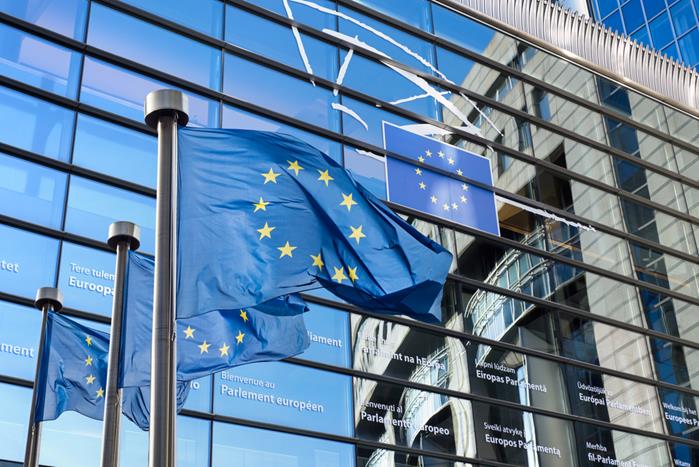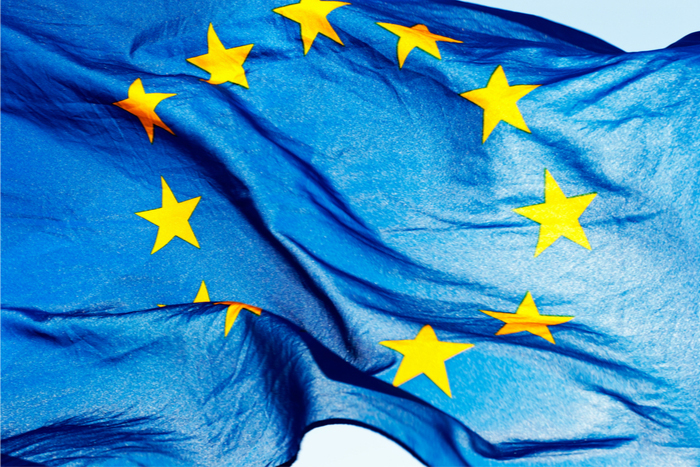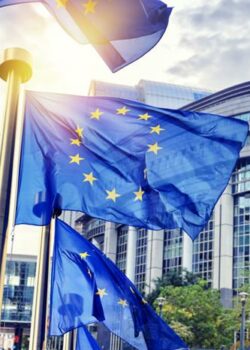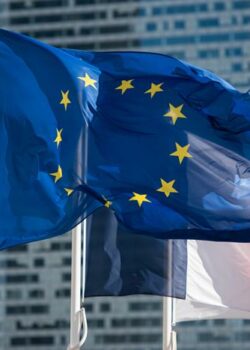The group of European corporates calling on the EU to align new due diligence with UN standards has grown to 40, putting more pressure on lawmakers in Brussels to shift ground.
The organisations, among them IKEA, Unilever, Novo Nordisk and German outdoor clothing giant Vaude, have all called on Europe to follow the standards set by UN Guiding Principles on Business and Human Rights when drawing up laws for mandatory due diligence that examines human rights and sustainability risk.
The European Parliament voted 366 to 225 to pass the draft due diligence law on Thursday this week paving the way for “trilogues” negotiations between the EU Parliament, Council and Commission ona final version. Discussions are expected to be complex and take some time to conclude.
There remains a chance that the law could still change significantly.
In an open letter, the 40 organisations say they are worried that the EU’s due diligence law will diverge from UN guidelines, rules that many companies are already following. The letter says: “The CSDDD (Corporate Sustainability Due Diligence Directive) should follow this approach to complement mandatory sustainability disclosure with substantive due diligence duties on human rights and environmental impacts, as well as requirements to address climate change risks and impacts.”
There are five main areas of concern. The companies want the due diligence rules to apply not only to upstream in the supply chain but also ‘downstream’. “There is no need to make exceptions if we truly want a level playing field and to ensure downstream risks are effectively managed,” the letter says.
The companies also say “stakeholders” should be included in the due diligence process, and companies and directors should be “incentivised” to examine how human rights and sustainability risk can be reduced in R&D, procurement and company strategies.
‘Meaningful enforcement’
Perhaps more importantly, they want the new directive to include “meaningful enforcement”. This, the letter says, should be built in through administrative supervisions and civil liability regimes.
The due diligence laws are set to have an impact beyond Europe’s border with EU registered companies likely to ask their non-European suppliers and, potentially, clients, to help them comply.
Its rigour has been the focus of much debate among companies and not-for-profit campaign groups alike.
This week there was more haggling on the terms of the laws with Conservative MEPs, including Germany’s Angelika Niebler, asking that the directive be turned into “regulation” in six years—the difference being that only directives have to be turned into national laws by EU members, who have more leeway on their form. Regulations come with less leeway and are enforced by the European Commission.
Niebler and supporters argue regulation would help create a more level playing for EU members states in how the new rules apply. Reuters reports concerns among lawmakers that due diligence laws could hobble some industries as they compete with companies from emerging states such as China.
**This story was first published ahead of the European Parliament vote on June 1st. It was updated to reflect the outcome of the vote.




